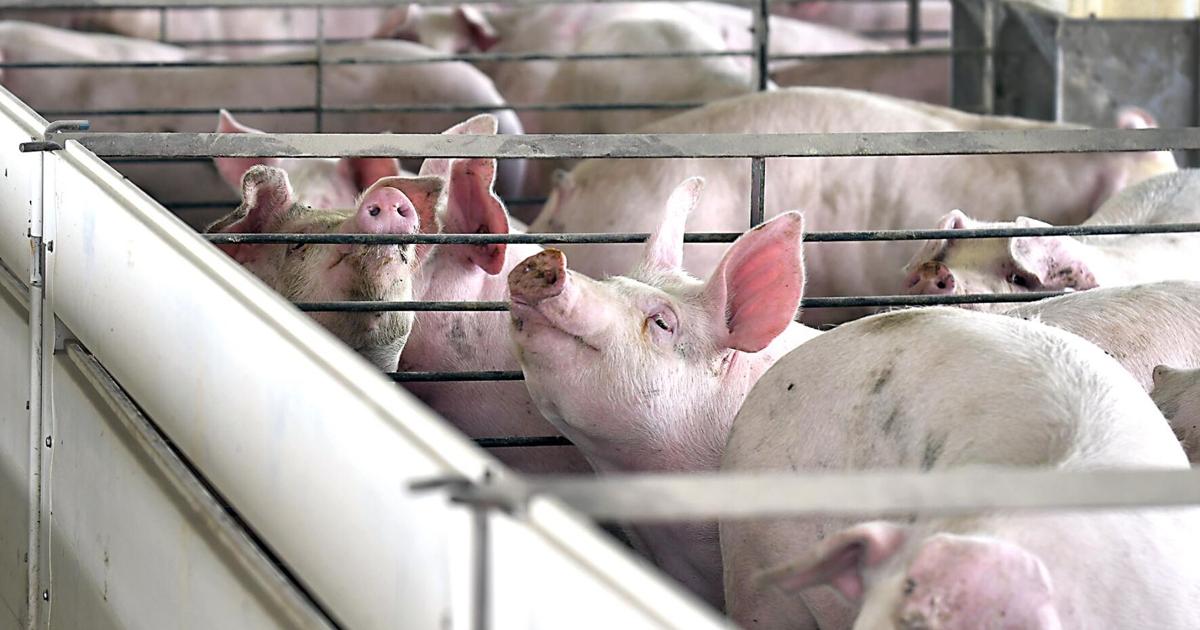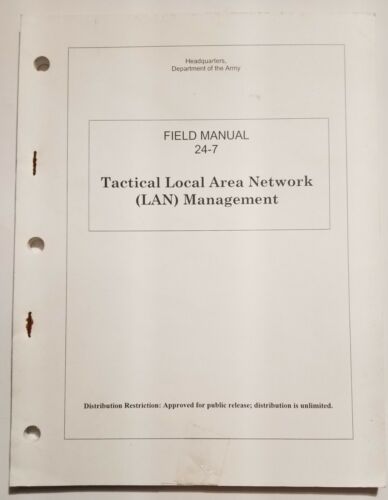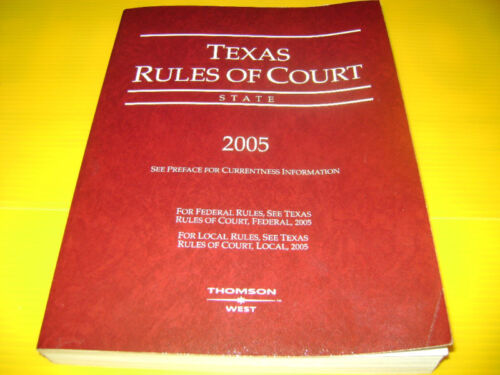Q: Why is Mankato smelling like a barnyard all summer and fall?
We haven’t had clean fresh air for quite a while. I didn’t realize we had large producers surrounding Mankato. It smells no matter which way the wind blows.
A: The reader mentions “summer and fall” as when he or she notices the smell, but to Ask Us Guy it seems to be most prevalent starting in October.
His assumption has always been that October and November are when the crops have been harvested, making it the easiest time to spread manure from livestock operations on fields.
That’s mostly the case, according to Blue Earth County feedlot officer Garett Rohlfing.
“In most scenarios manure is land applied in the fall,” Rohlfing said. “However, there are some instances where manure is applied earlier in the year to a cut hay field or a canning crop field such as sweet corn.”
Typically, if the reader is smelling manure in times other than the fall, he or she is probably smelling a livestock operation because the vast majority of fields have an actively growing crop.
“Odors during the summer months are likely from the feedlot itself rather than land application of manure,” Rohlfing said. “Manure is not applied to a standing crop.”
There’s another reason, too, that late fall is prime time, which is why the rural Midwest has that special aroma when people are out raking leaves, cleaning gutters and trick-or-treating.
“A best-case scenario is to land apply manure when the soil temperatures have maintained at 50 degrees Fahrenheit or less,” he said. “This is because the nitrogen-fixing microorganisms in the soil slow down drastically, which helps keep the nitrogen in a form that is not as suspectable for loss to the environment.”
There is not an endless supply of professional manure spreaders to apply it at precisely the right time, however, particularly because south-central Minnesota produces a lot of the stuff — especially from hogs.
Although some might suggest that Ask Us Guy makes a living spreading manure, people who are the real deal must be state certified for the task. And those folks get very busy when the crops are coming off the fields, forcing livestock producers to wait their turn no matter how anxious they are to empty their manure pits.
“A lot of feedlot owners do not land apply their own manure and rather hire the service out to commercial applicators, licensed by the Minnesota Department of Agriculture,” Rohlfing said. “Those commercial applicators apply a lot of manure for several different feedlot owners and have a relatively short timeframe to get it done. For this reason, not all manure gets applied when those soil temps are below 50 degrees.”
If people have been noticing the odors more in the past two late autumns and early winters, it’s not necessarily because there’s more manure or more livestock operations. More likely, it’s weather.
“Like last year, we saw a warmer, drier fall, which may have caused those odors to linger a bit longer than we are typically used to,” he said. “Application methods have not changed, therefore the odors likely have more to do with the climate and wind during and after application.”
Rohlfing notes the county has rules that govern how close to Mankato’s city limits a feedlot can be, but manure can be spread closer to the city — as close as 300 feet from a residence if it is injected into the soil.
“Blue Earth County has a mapped setback line around the city of Mankato, which is approximately two miles depending on how the line is drawn and where the city has expanded. New feedlots are not allowed to be established within this setback, however it does not prohibit manure to be land applied provided application setbacks are being met.”
More information about the Blue Earth County Feedlot Ordinance and manure application setbacks can found at blueearthcountymn.gov/343/Feedlots.
By the way, most people in the area are apparently accepting of the smells that come with living here.
“Blue Earth County did not receive any odor complaints in 2024 related to land application of manure,” said Rohlfing, who invites the public to ask questions directly by contacting him at garett.rohlfing@blueearthcountymn.gov.
Those with other types of questions can contact Ask Us Guy at The Free Press, 418 S. Second St., Mankato, MN 56001. Call Mark Fischenich at 344-6321 or email your question to mfischenich@mankatofreepress.com; put Ask Us in the subject line.
Have you noticed a strong odor in the air after crops have been harvested in your area? Do you wonder where the smell is coming from and if it is harmful to your health?
In our latest Ask Us segment, we will be discussing the issue of post-harvest odors and their potential impact on local communities. Join us as we delve into the science behind these odors, their causes, and what can be done to mitigate any negative effects.
If you have any questions or concerns about post-harvest odors in your area, be sure to tune in and ask us for more information. Let’s work together to better understand and address this issue for the benefit of our community.
Tags:
- crop harvesting
- post-harvest odors
- agricultural news
- local farming community
- seasonal odors
- crop production
- rural life
- environmental impact
- community engagement
- local news updates
#crops #odors #Local #News

![Lancaster resident concerned by slow response to 911 calls [Lancaster Watchdog] | Local News](https://ziontechgroup.com/wp-content/uploads/2024/12/671c2cf1806c6.image_.jpg)
![Owner frustrated by number of cars that have crashed into his Cabbage Hill home [Lancaster Watchdog]](https://bloximages.newyork1.vip.townnews.com/lancasteronline.com/content/tncms/assets/v3/editorial/1/c5/1c567b0c-be51-11ef-92b3-df04668df632/6764928315957.image.png?resize=150%2C104)
![New 'no left turn' sign installed on Oregon Pike in Manheim Township [Lancaster Watchdog]](https://bloximages.newyork1.vip.townnews.com/lancasteronline.com/content/tncms/assets/v3/editorial/3/7c/37cfcca0-bcba-11ef-9d5a-7fc20c1cdb2a/6761e729c5b87.image.jpg?resize=150%2C113)
![Anonymous tip line director talks rise in false threats at start of school year [Lancaster Watchdog]](https://bloximages.newyork1.vip.townnews.com/lancasteronline.com/content/tncms/assets/v3/editorial/8/e1/8e16a448-b7d4-11ef-9e7f-432e27023732/6759afb5818ec.image.png?resize=150%2C68)













